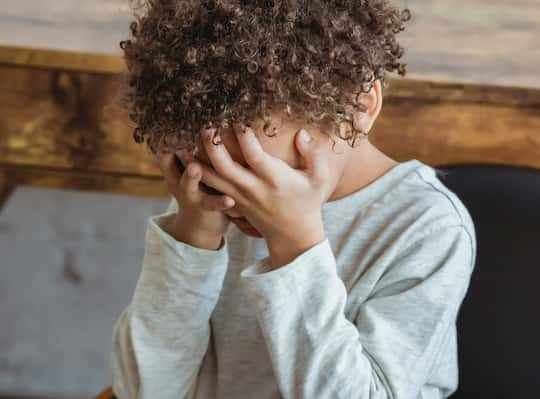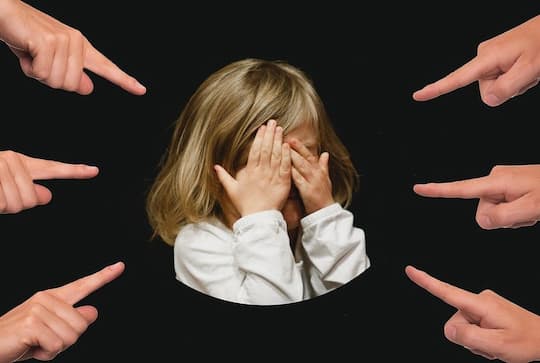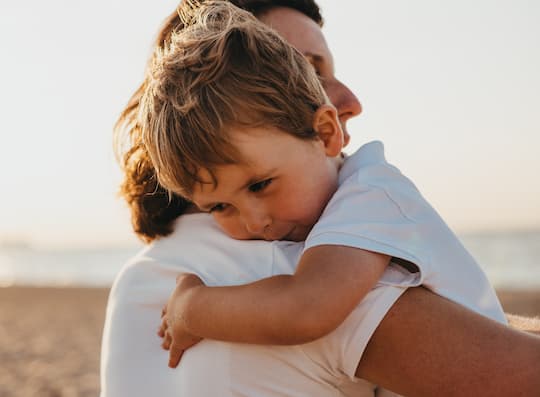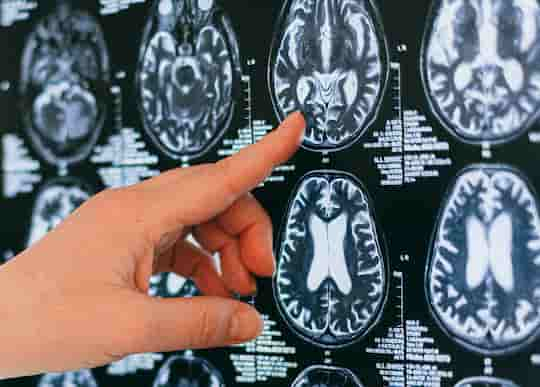Self-esteem could be set at a surprisingly young age — so what influences it?
Self-esteem could be set at a surprisingly young age — so what influences it?
At the age of just five, children have developed a sense of self-esteem as strong as adults, a study finds.
Self-esteem tends to remain stable over the lifespan.
This suggests self-esteem could be set very early on.
Professor Andrew Meltzoff, one of the study’s authors, said:
“Some scientists consider preschoolers too young to have developed a positive or negative sense about themselves.
Our findings suggest that self-esteem, feeling good or bad about yourself, is fundamental.
It is a social mindset children bring to school with them, not something they develop in school.”
Until now it has been difficult to test the self-esteem of young children.
Dr Dario Cvencek, the study’s lead author, explained:
“Preschoolers can give verbal reports of what they’re good at as long as it is about a narrow, concrete skill, such as ‘I’m good at running’ or ‘I’m good with letters,’ but they have difficulties providing reliable verbal answers to questions about whether they are a good or bad person.”
Researchers used a newly developed test which examines implicit self-esteem.
In other words: it doesn’t directly ask children, rather it looks for associations.
For example, an adult test might look for links between the word “self” and the words “pleasant” or “unpleasant”.
The test was adapted for children that can’t read using the same principle.
Researchers examined the self-esteem of over 200 5-year-old children.
Dr Dario Cvencek, the study’s lead author, explained the results:
“Our work provides the earliest glimpse to date of how preschoolers sense their selves.
We found that as young as 5 years of age self-esteem is established strongly enough to be measured and we can measure it using sensitive techniques
Self-esteem appears to play a critical role in how children form various social identities.
Our findings underscore the importance of the first five years as a foundation for life.”
The question now, explained Professor Meltzoff, is what influences self-esteem at this young age:
“What aspects of parent-child interaction promote and nurture preschool self-esteem?
That’s the essential question.
We hope we can find out by studying even younger children.”
The study was published in the Journal of Experimental Social Psychology (Cvencek et al., 2015).









